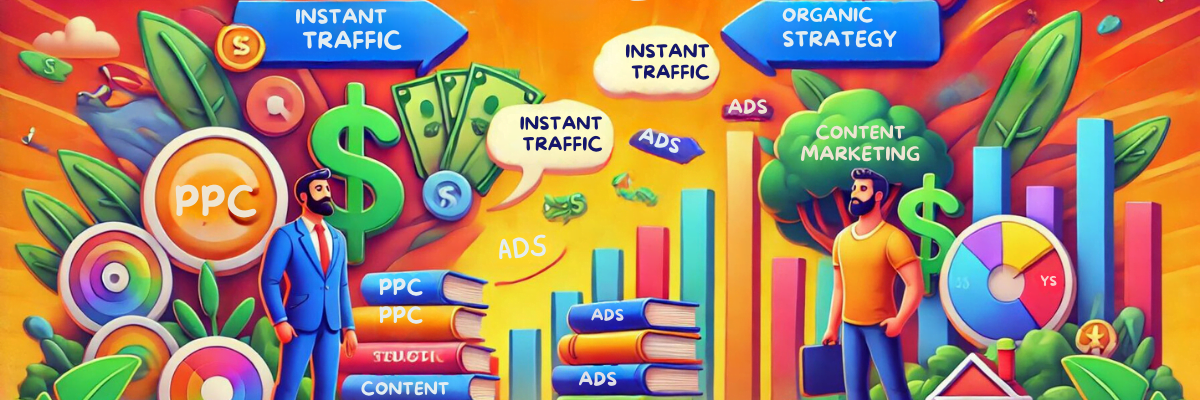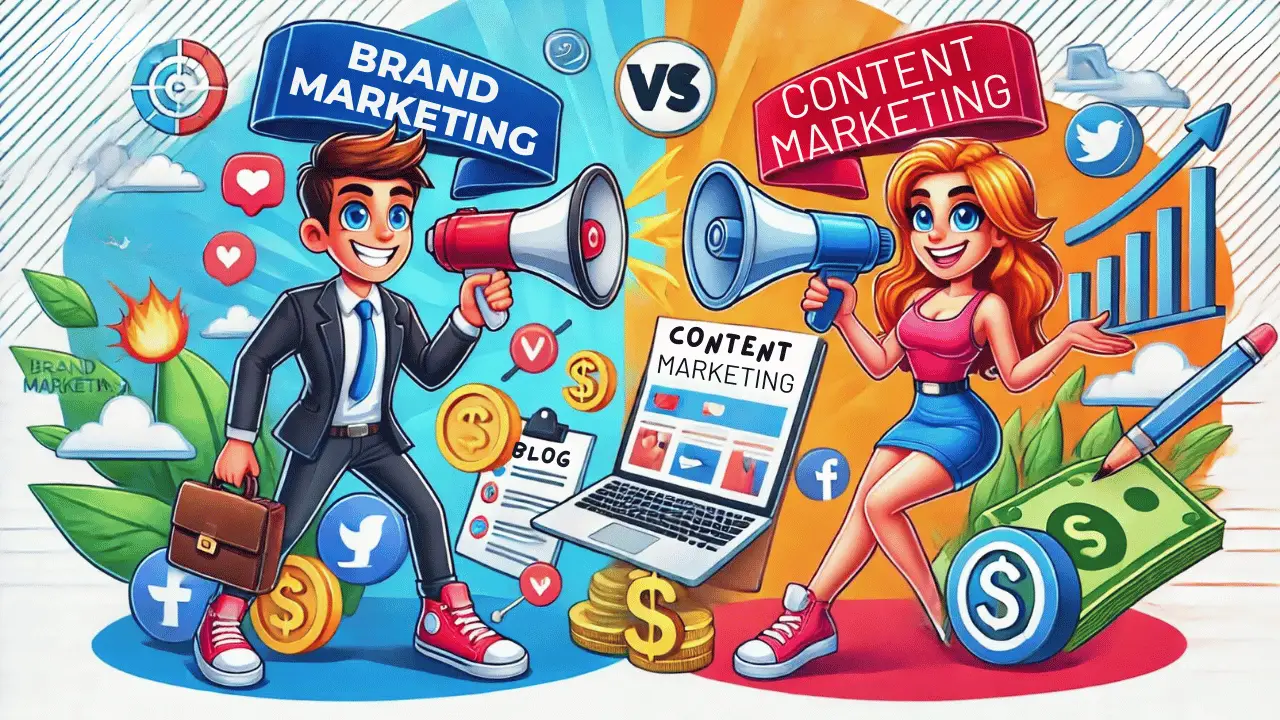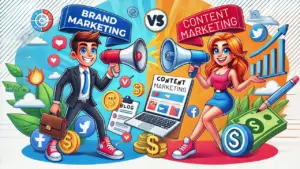Is Content Marketing Dead? Why It’s Far From Buried and How It’s Evolving in 2024
The question ” Is content marketing dead” has been floating around in digital marketing circles for years. Every time a new trend emerges—whether it’s influencer marketing, short-form video, or the latest social media platform—pundits are quick to declare content marketing obsolete.
But here’s the truth: content marketing is far from dead. In fact, it’s evolving and adapting in ways that continue to make it one of the most effective strategies in digital marketing.
So, what’s really happening in the world of content marketing? Is it on life support, or is it thriving in ways that go beyond traditional blog posts and infographics?
In this post, we’ll dig into the state of content marketing in 2024, why some people think it’s fading away, and what you can do to stay ahead of the curve.
The “Is Content Marketing Dead?” Myth: Why It Keeps Coming Back
First things first—let’s address the elephant in the room. Why do people keep saying that content marketing is dead? The answer lies in a few key misconceptions:
- Content Saturation: The internet is overflowing with content. Every minute, millions of blog posts, videos, and social media updates are published. With so much noise, it’s harder for individual pieces of content to stand out, leading some to believe that content marketing is losing its effectiveness.
- Shifting Consumer Behavior: Attention spans are getting shorter, and consumers are craving quick, engaging content like TikTok videos and Instagram Reels. The days of leisurely reading 2,000-word blog posts are becoming rarer, which makes some marketers question whether long-form content still works.
- The Rise of Paid Media: Paid advertising, especially on social media platforms, has become more sophisticated and accessible. With hyper-targeted ads that can deliver instant results, some businesses are prioritizing paid strategies over organic content.
These factors lead to the idea that content marketing is on its last legs, but the reality is quite different. Content marketing isn’t dead—it’s simply evolving. Let’s dive into how it’s changing and why it remains a cornerstone of digital strategy.
The Evolution of Content Marketing: What’s Different in 2024?
To declare that content marketing is dead is to ignore how much it’s adapted to new trends, technologies, and consumer behaviors. Here’s how content marketing is thriving in 2024:
1. The Rise of Visual and Interactive Content
While traditional blog posts and articles are still effective, today’s consumers are increasingly drawn to visually appealing and interactive content. Infographics, videos, interactive quizzes, and even augmented reality (AR) experiences are taking center stage. Content isn’t just about reading anymore—it’s about engaging, participating, and experiencing.
For example, brands are now creating immersive experiences where users can “try before they buy” using AR. Imagine a beauty brand allowing users to virtually test different shades of lipstick via an app before making a purchase. This type of content isn’t just informative—it’s engaging and memorable.
2. Short-Form Content for Short Attention Spans
The TikTok generation has redefined how we consume content. Bite-sized videos, 15-second tips, and snappy social media posts are dominating attention. However, this doesn’t mean long-form content is dead. Instead, successful content strategies now include a mix of short-form and long-form content to capture and nurture different segments of the audience.
For instance, a brand might use short videos on TikTok to capture attention and direct users to longer, in-depth content like a YouTube video or blog post for more detailed information. The journey starts with quick, snackable content but deepens with more substantial resources.

3. Personalized Content is King
Gone are the days of one-size-fits-all content. Personalization has become crucial for content marketing success. Whether it’s personalized email sequences, dynamic website content that adapts to user behavior, or hyper-targeted blog posts, content that speaks directly to the individual user’s needs and interests is more effective than ever.
The key lies in leveraging data. Brands that know how to use data to tailor content—like offering product recommendations based on past purchases or delivering blog posts based on browsing behavior—are reaping the rewards.
4. AI and Automation in Content Creation
Artificial intelligence (AI) and automation tools are transforming how content is created and distributed. From AI-powered writing assistants to content recommendation engines, these technologies are helping brands produce more content faster and with greater precision.
But here’s the catch: while AI can help scale content production, authenticity and human touch are still irreplaceable. The most successful content marketers know how to blend AI efficiency with human creativity to produce content that resonates emotionally and connects with their audience on a deeper level.
Why Content Marketing is Still Essential for SEO
One of the biggest reasons content marketing isn’t dead is its undeniable synergy with SEO. Search engines still rely heavily on content to rank websites, and that’s not going to change anytime soon. High-quality, relevant content remains the foundation of any successful SEO strategy.
Google’s algorithms are more sophisticated than ever, rewarding content that provides real value to users. Whether it’s blog posts, videos, or podcasts, if your content answers questions, solves problems, and delivers a great user experience, it’s going to rank.
Here’s how content marketing and SEO continue to work hand-in-hand:
- Topical Authority: Creating content clusters around key topics helps establish your brand as an authority in your niche. The more in-depth and valuable your content, the more Google trusts your site, leading to higher rankings.
- Link Building: Quality content attracts backlinks, which remain a critical ranking factor for SEO. When you publish original research, comprehensive guides, or thought leadership pieces, other sites are more likely to link to your content.
- User Engagement Metrics: Content that keeps users on your site—whether through longer dwell times, lower bounce rates, or high click-through rates—sends positive signals to search engines, boosting your SEO performance.
Final thoughts about the question “Is content marketing dead?”. Content marketing is far from dead when it comes to driving organic traffic. In fact, it’s more crucial than ever in an SEO landscape that prioritizes user experience and relevance.













